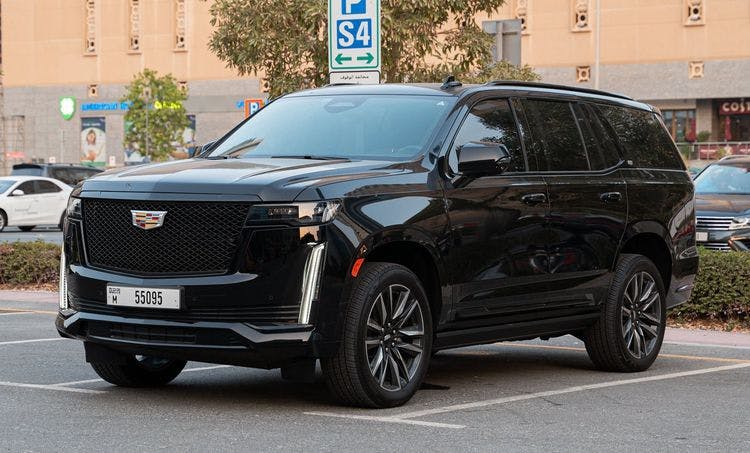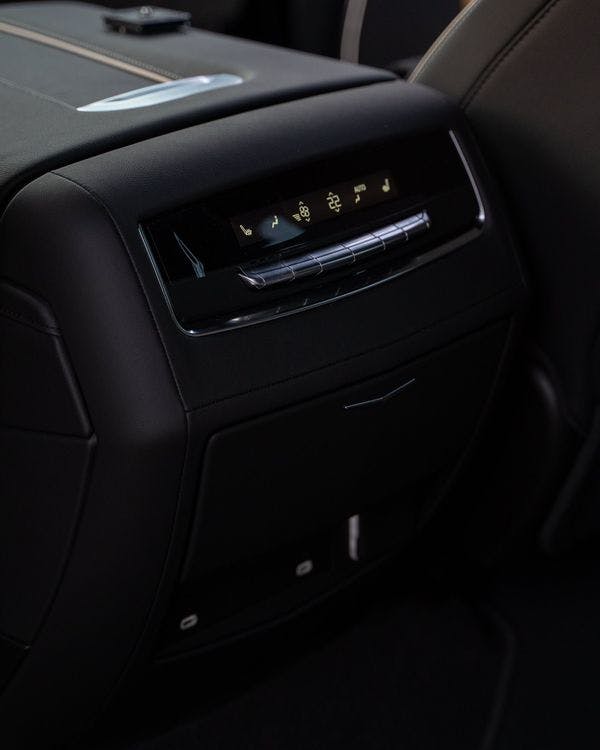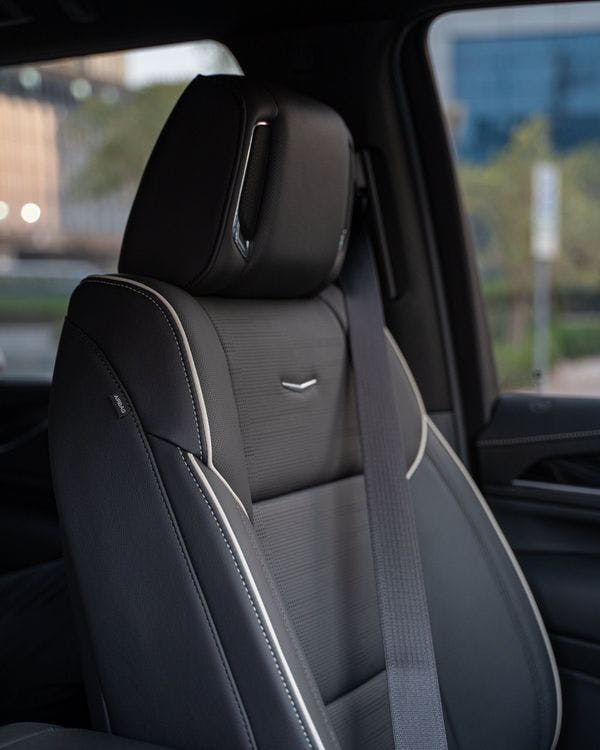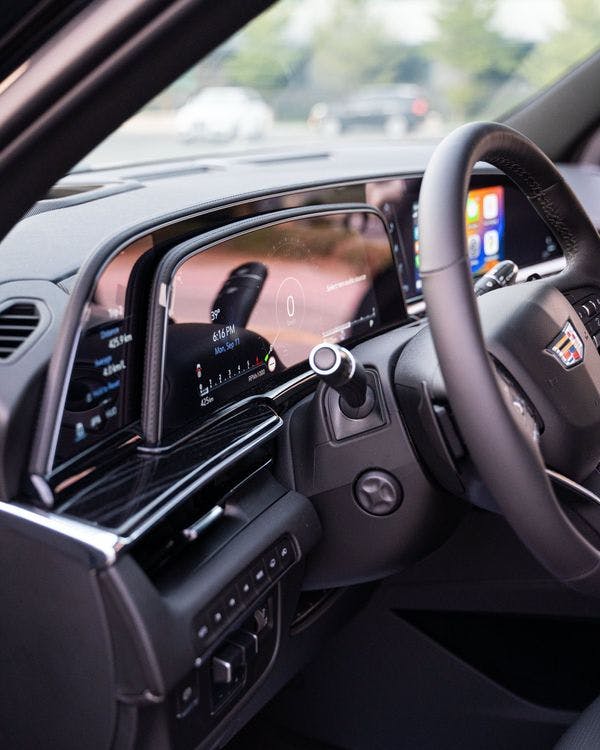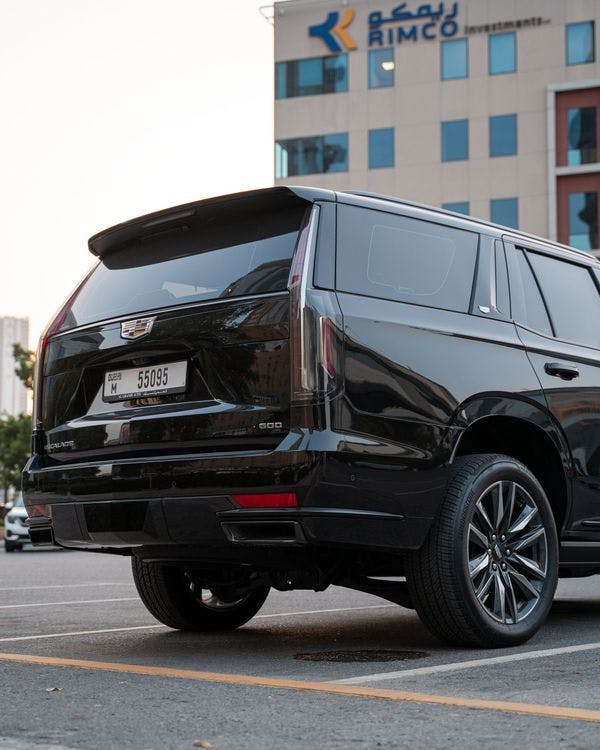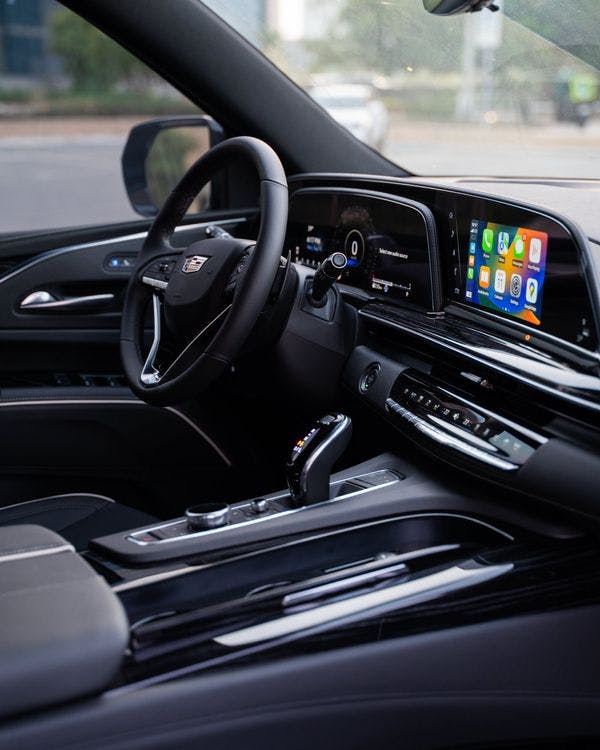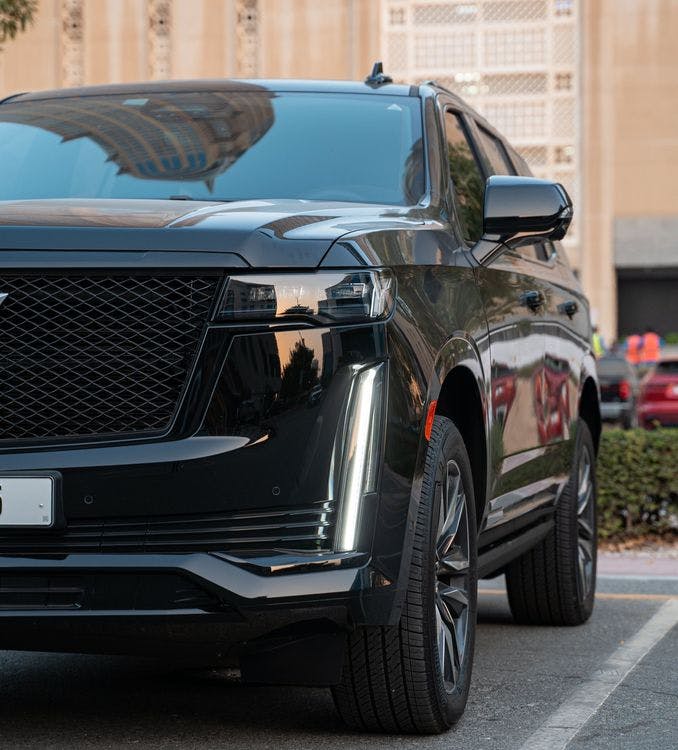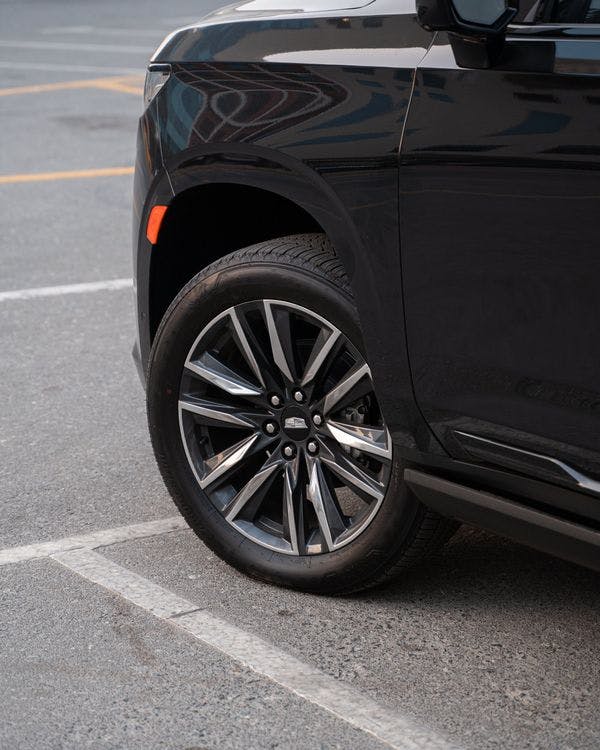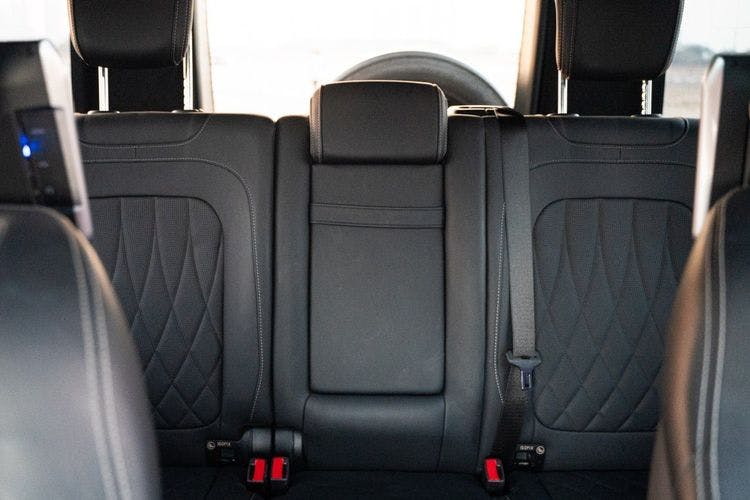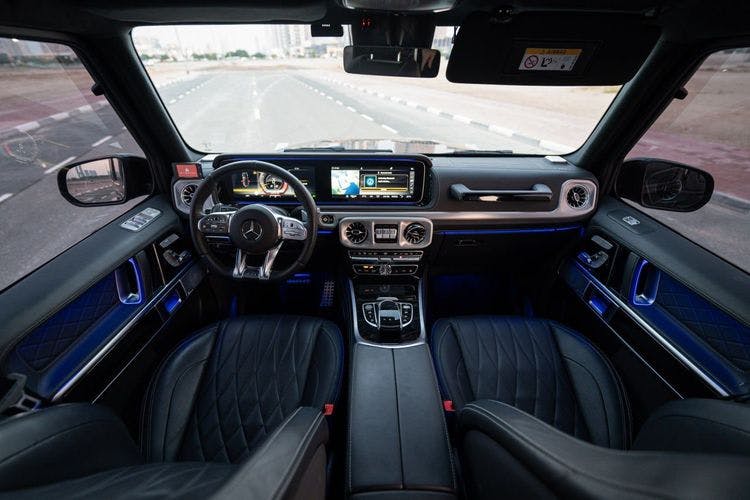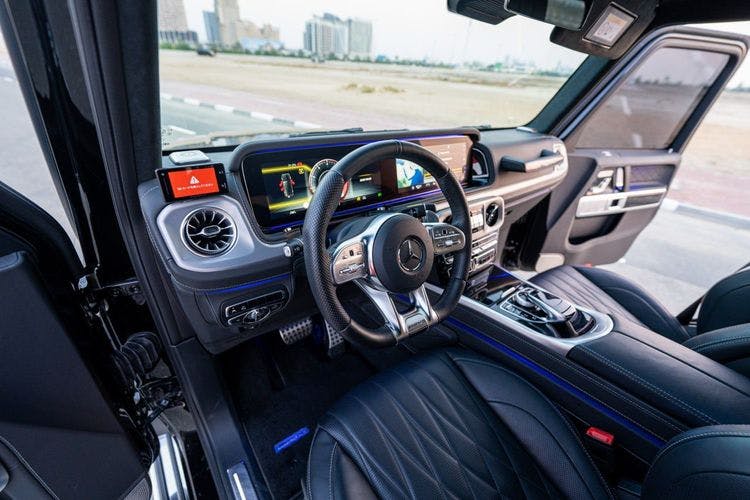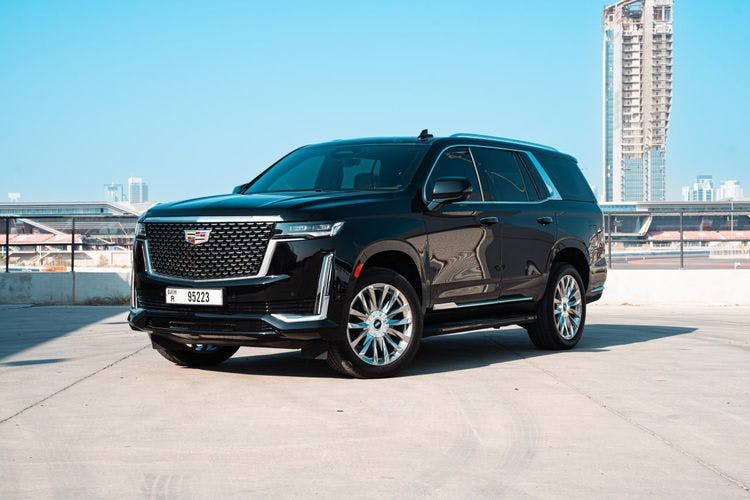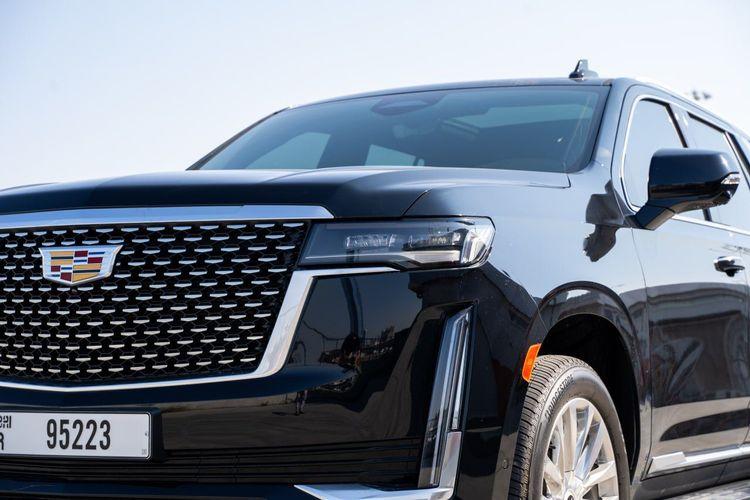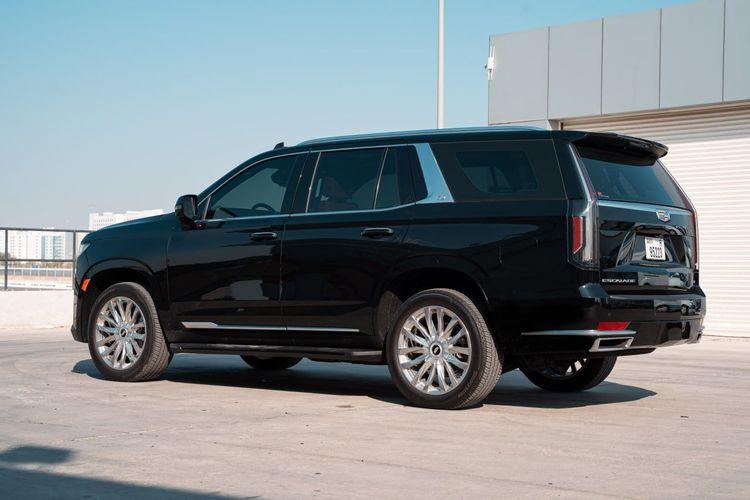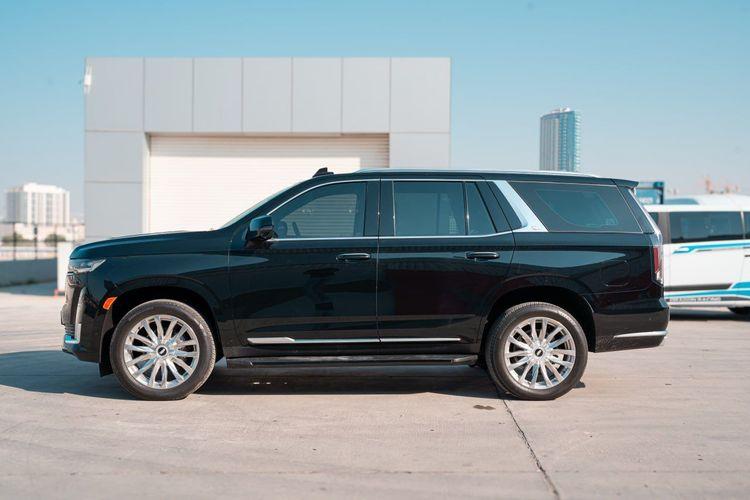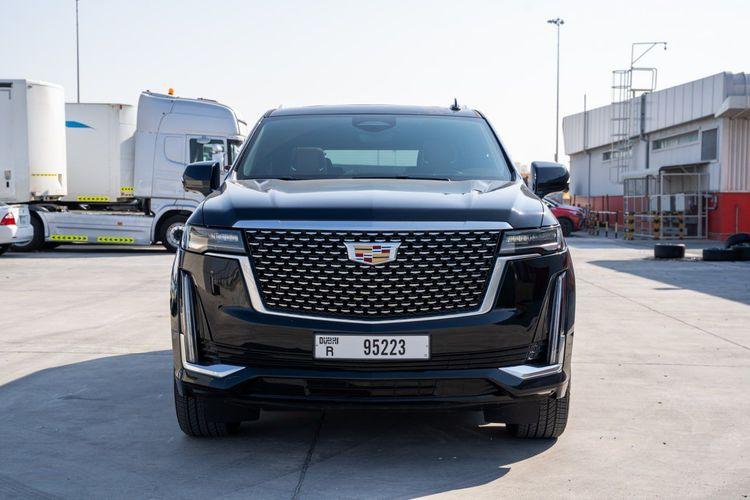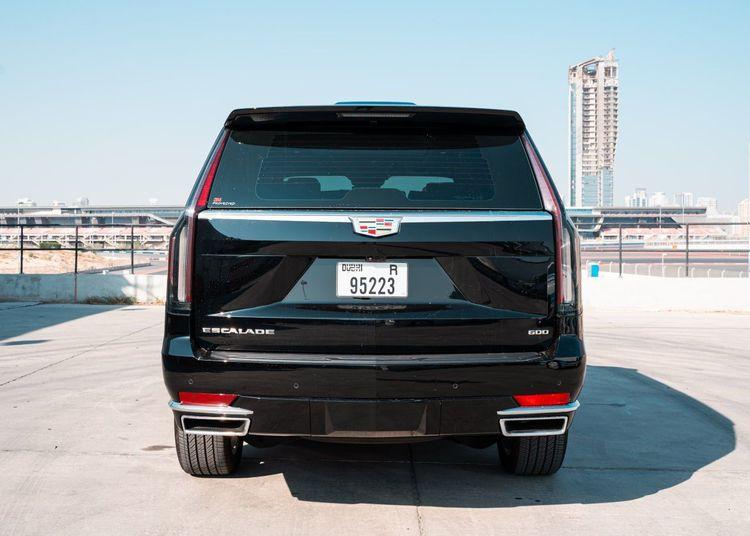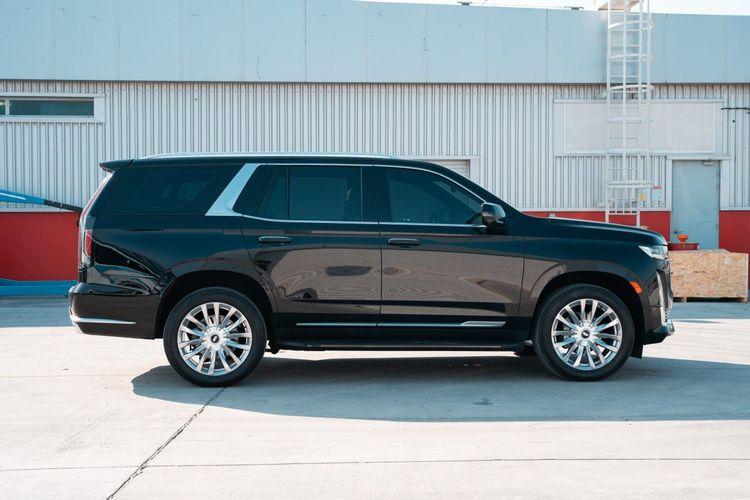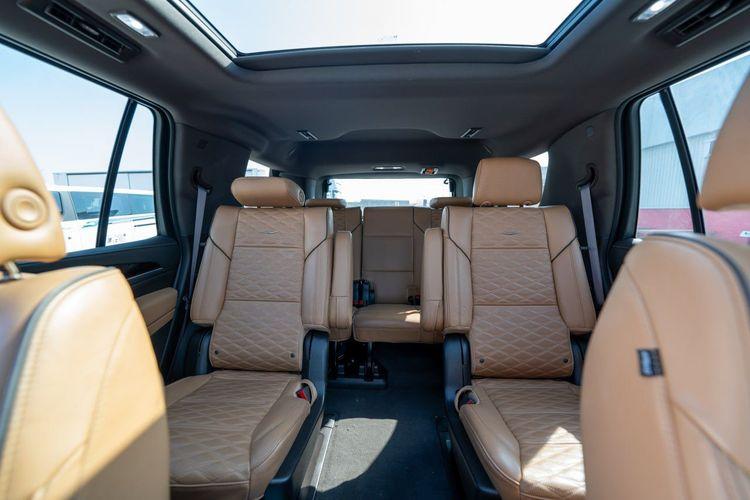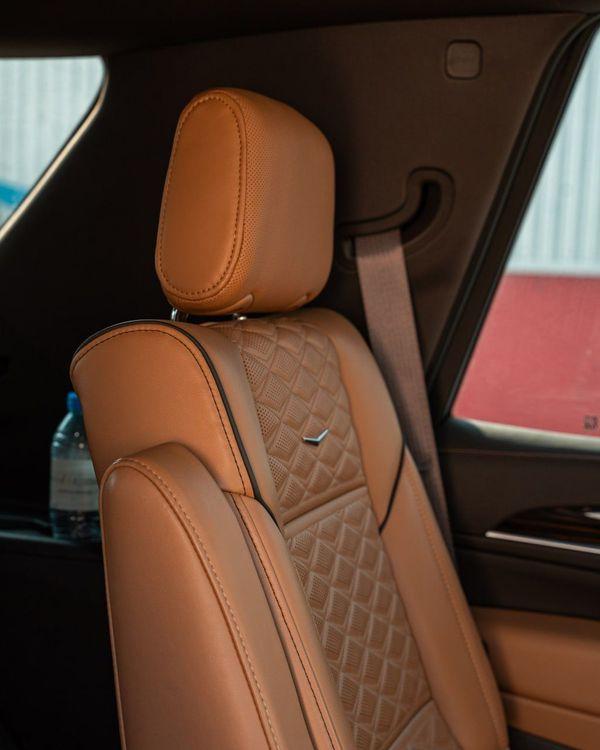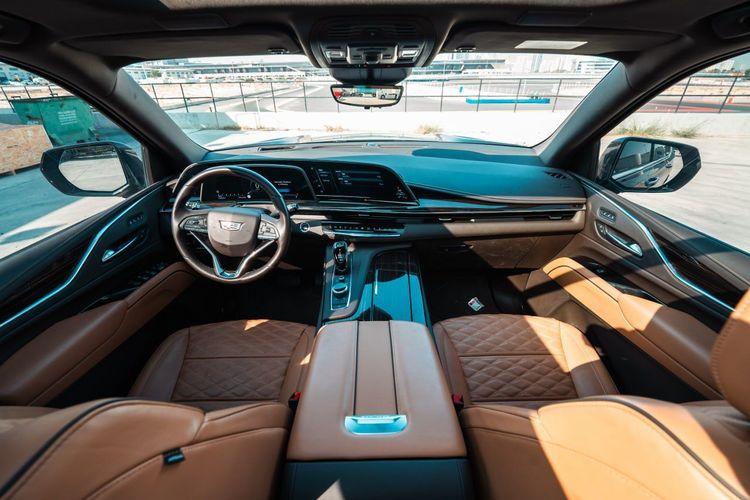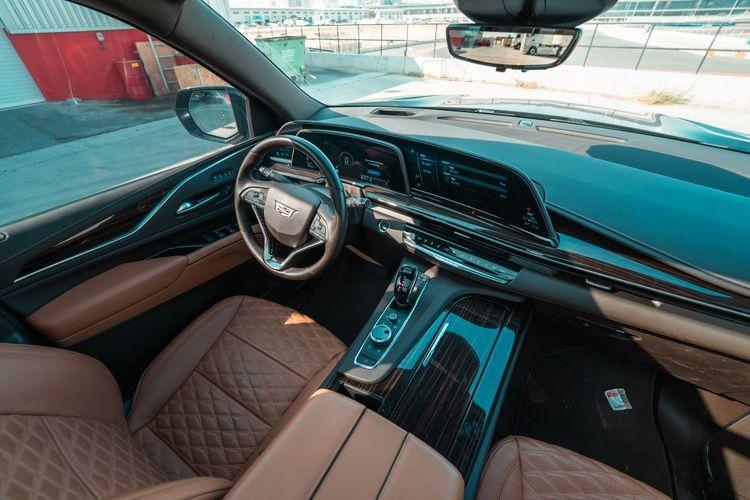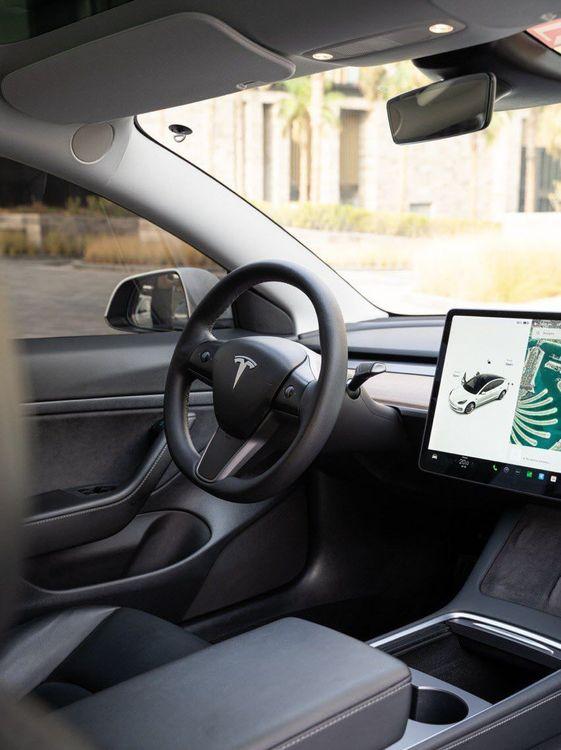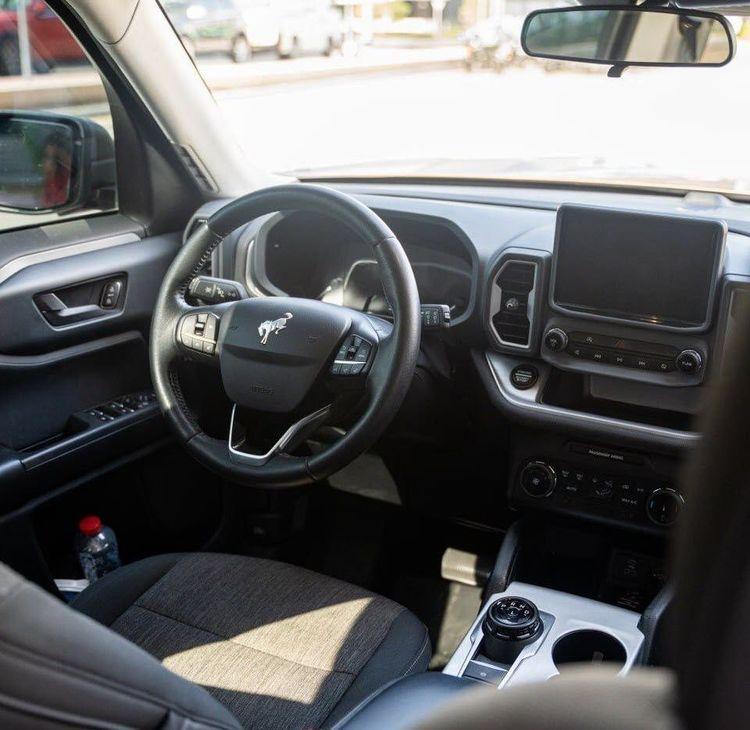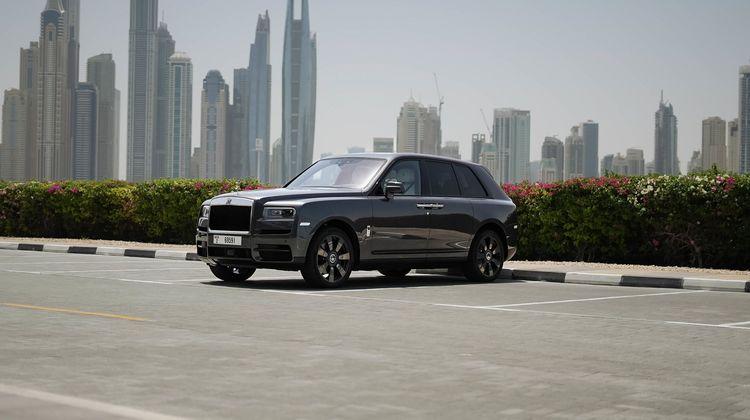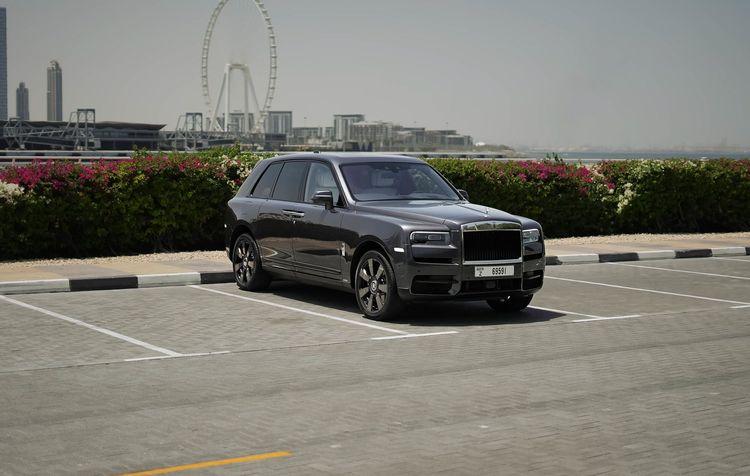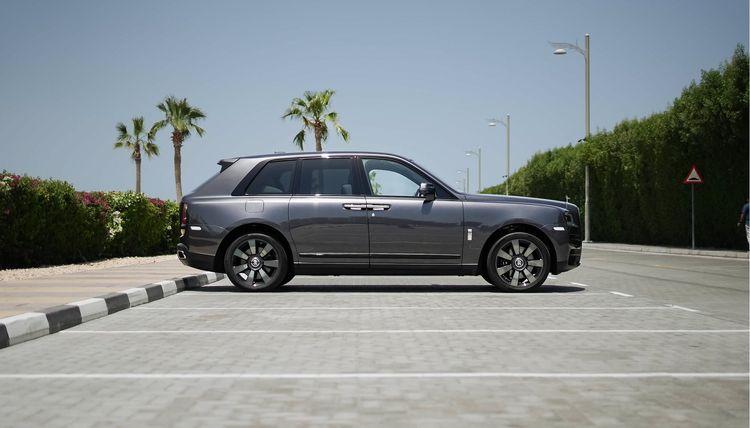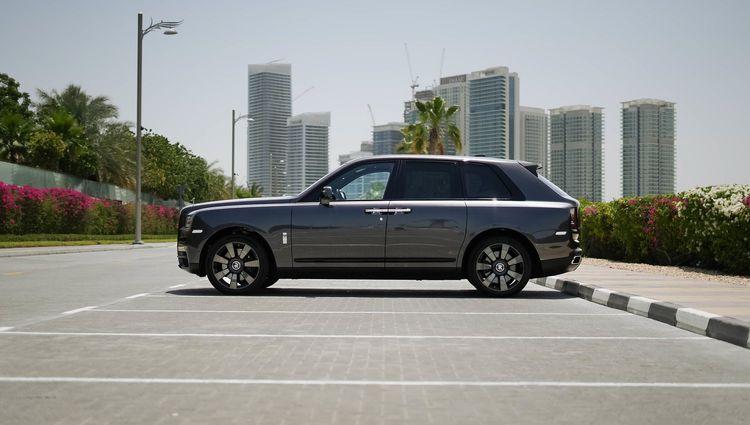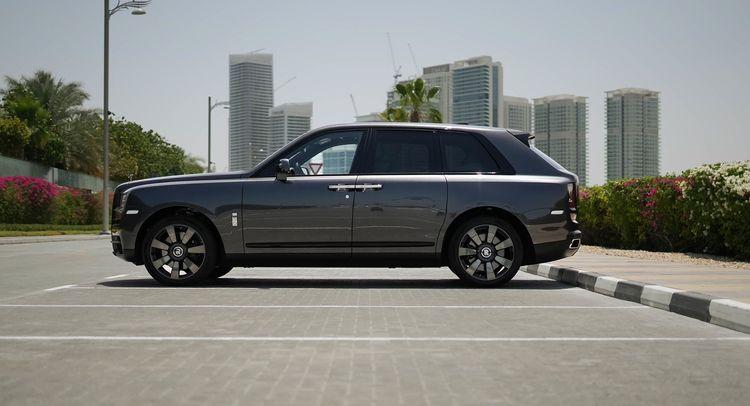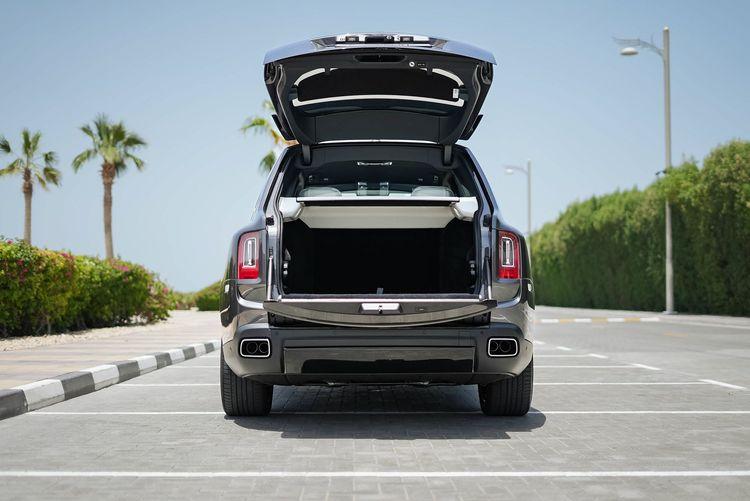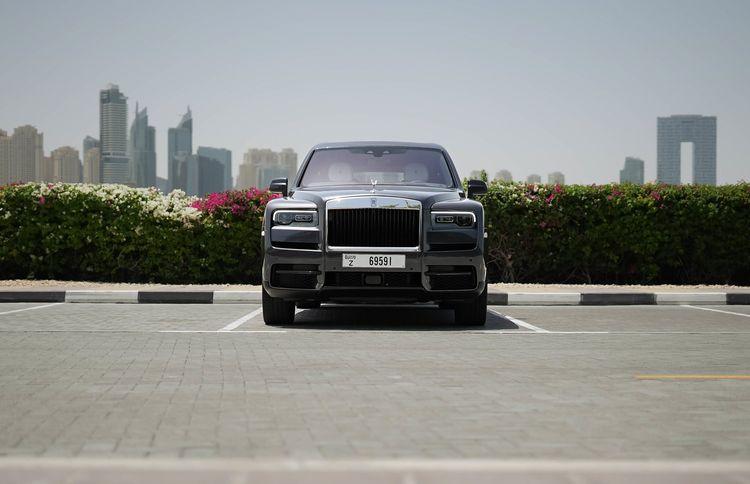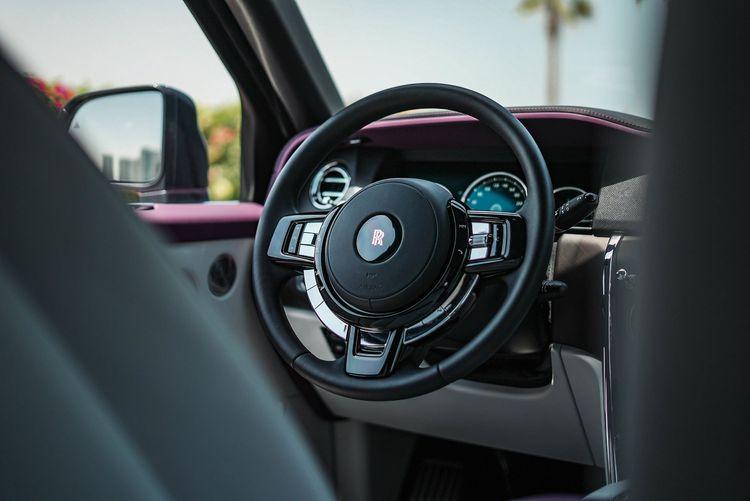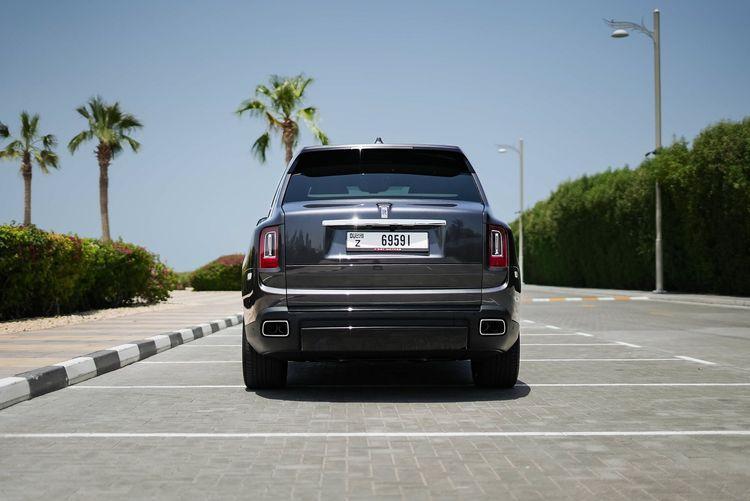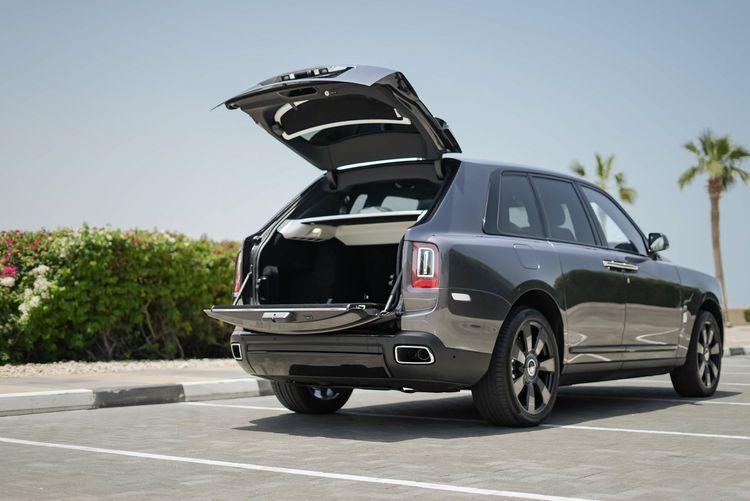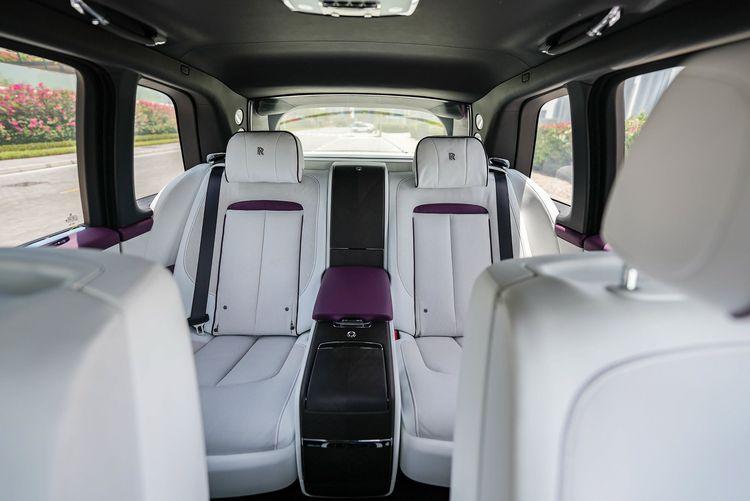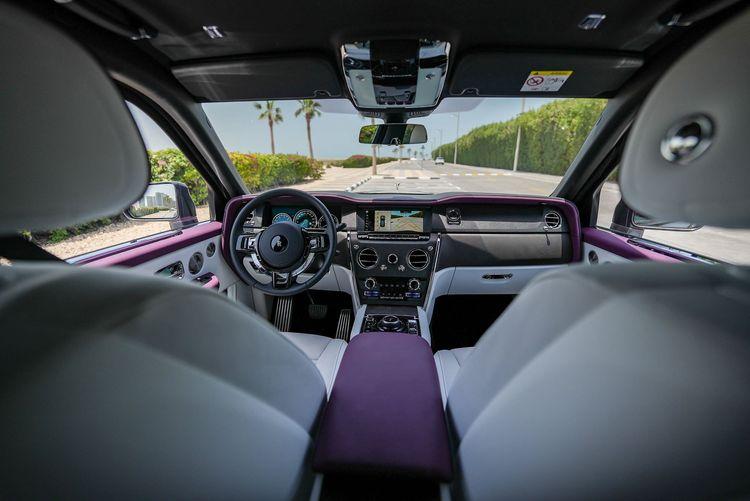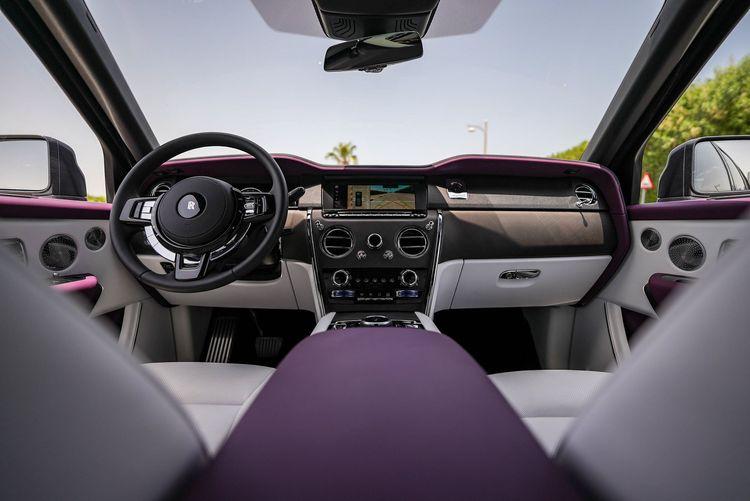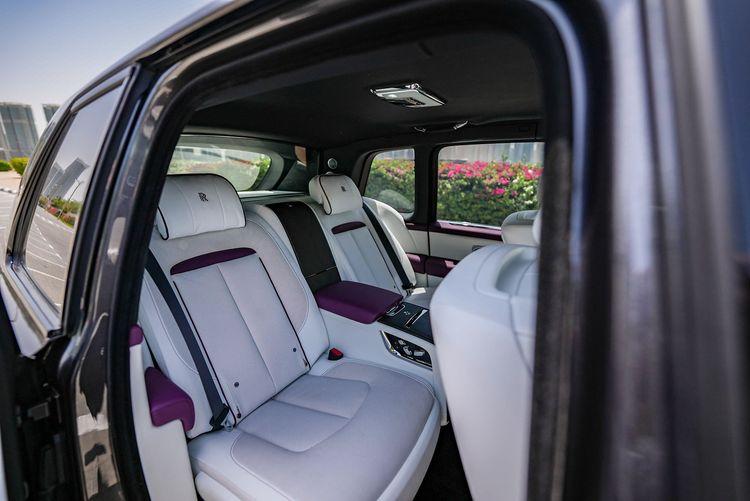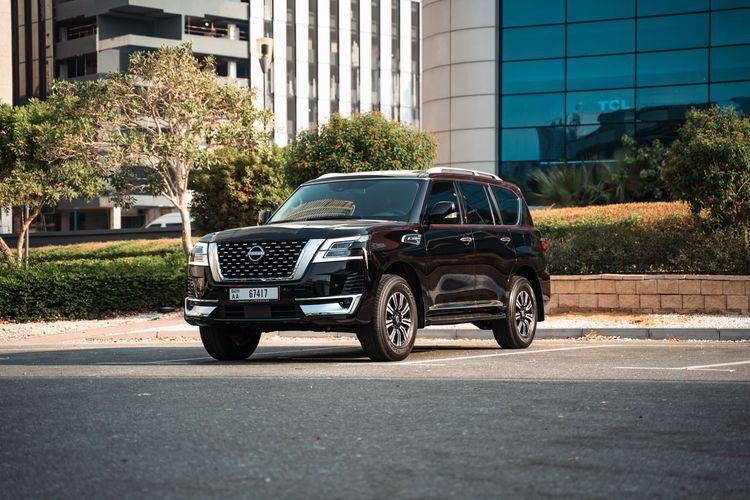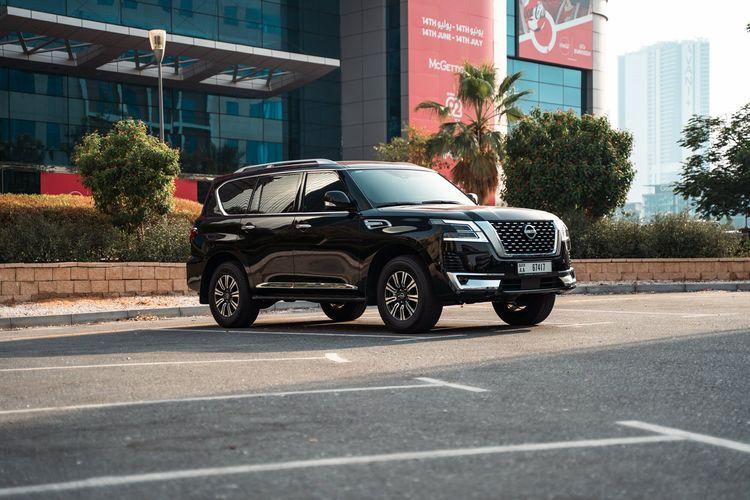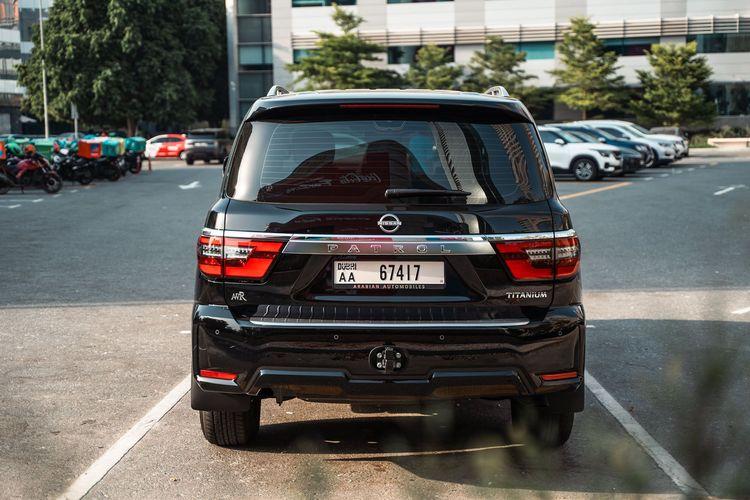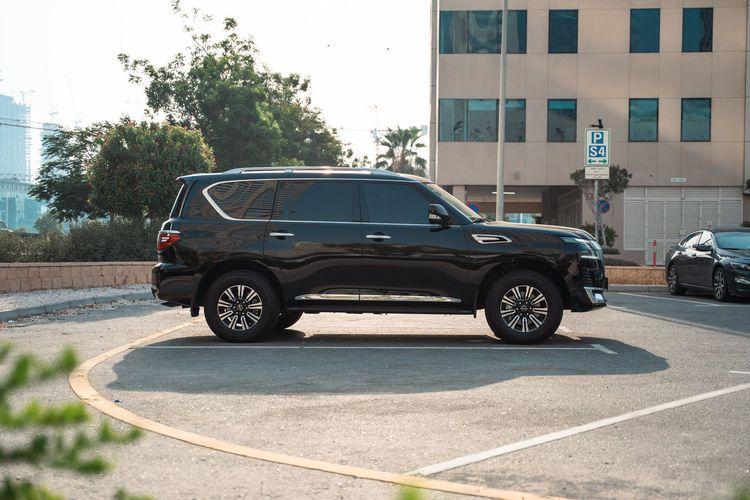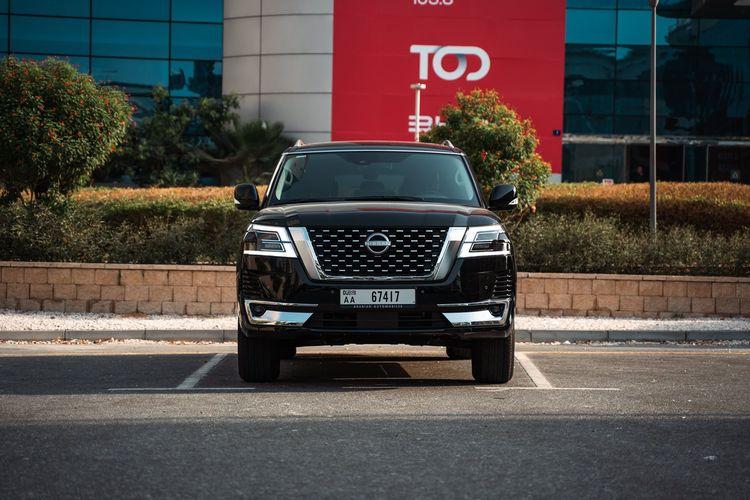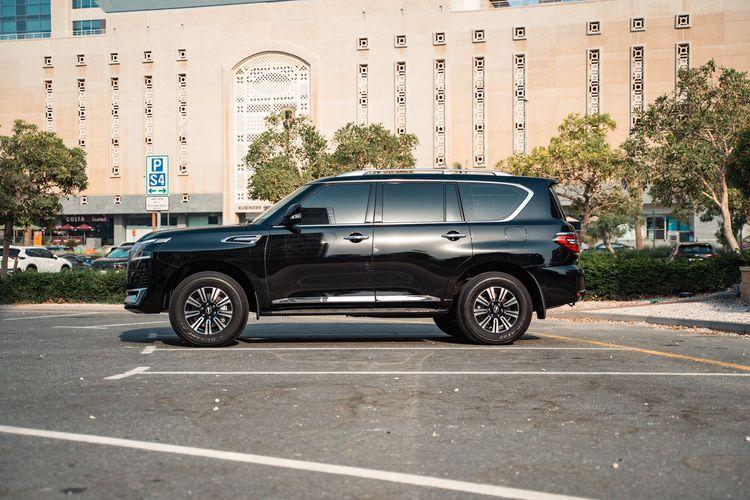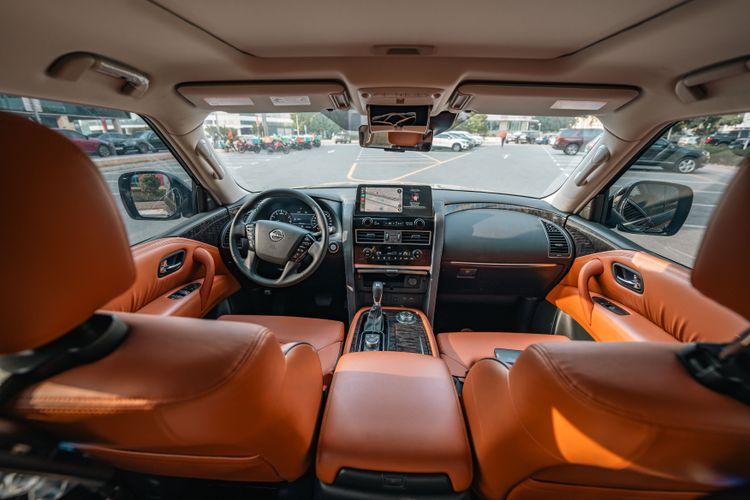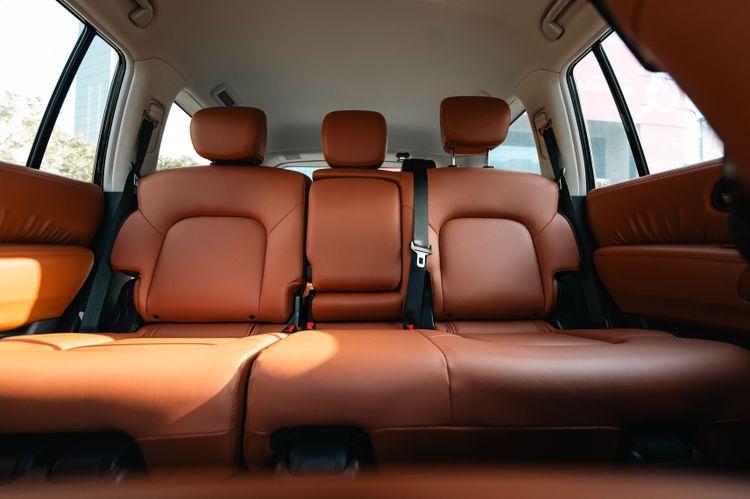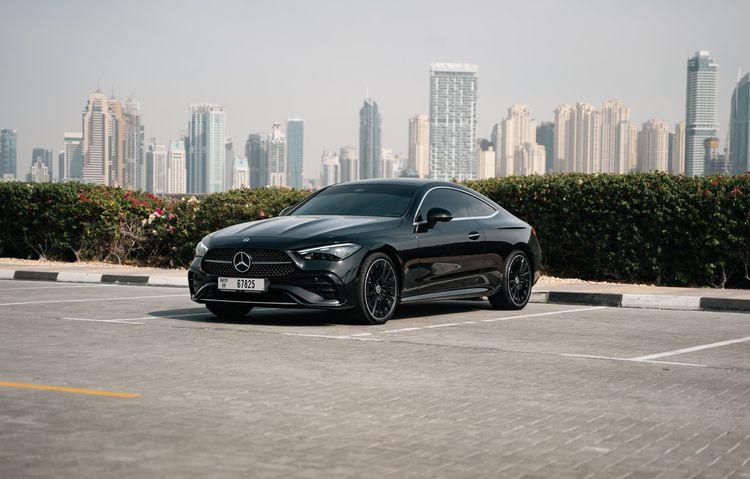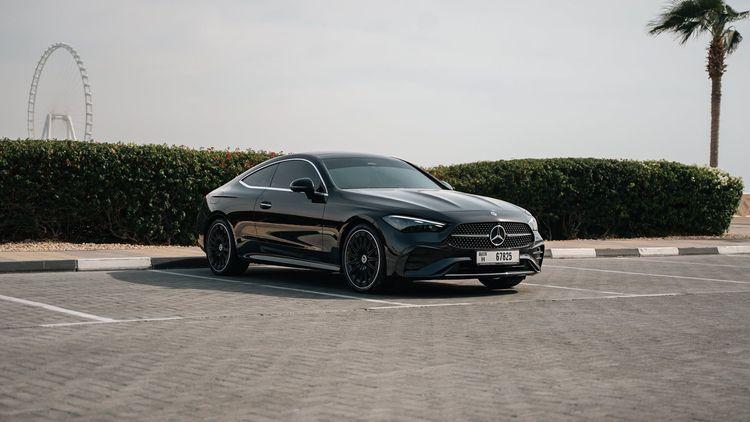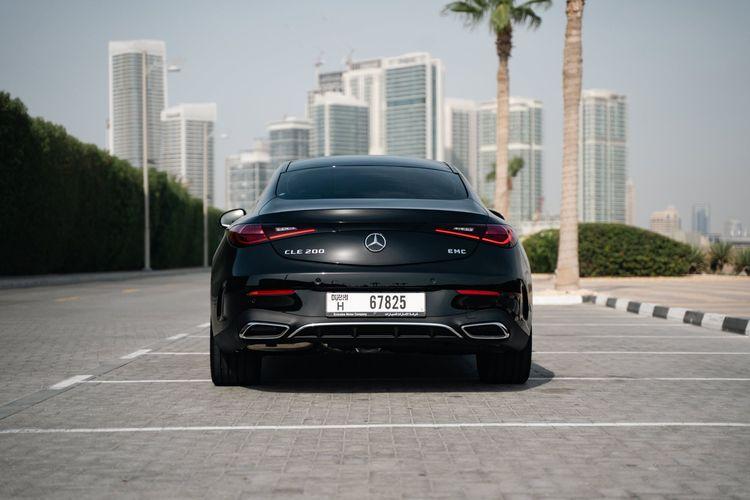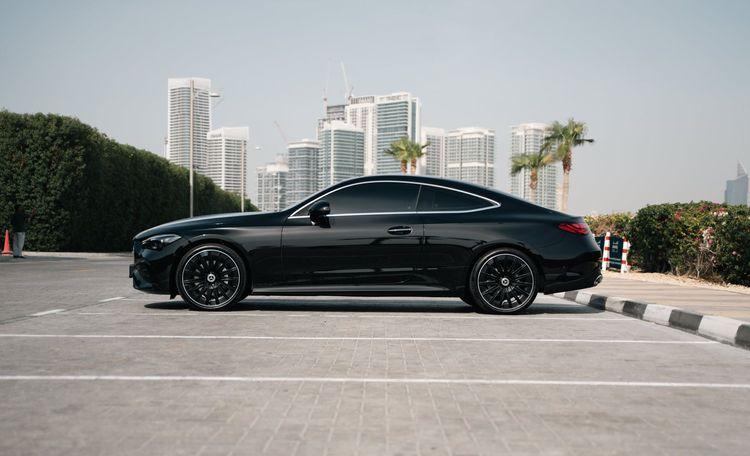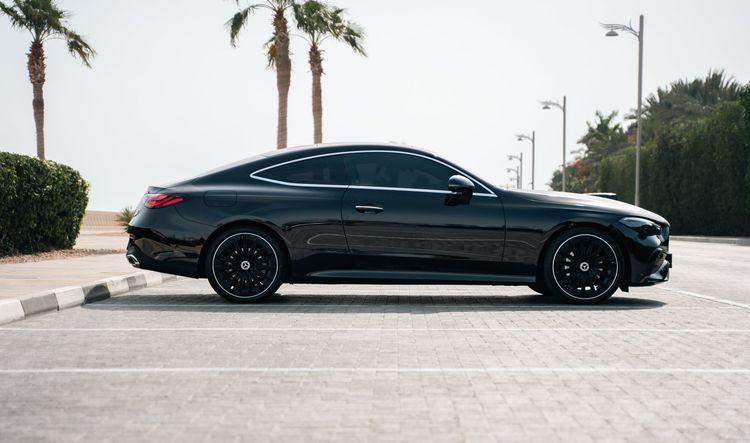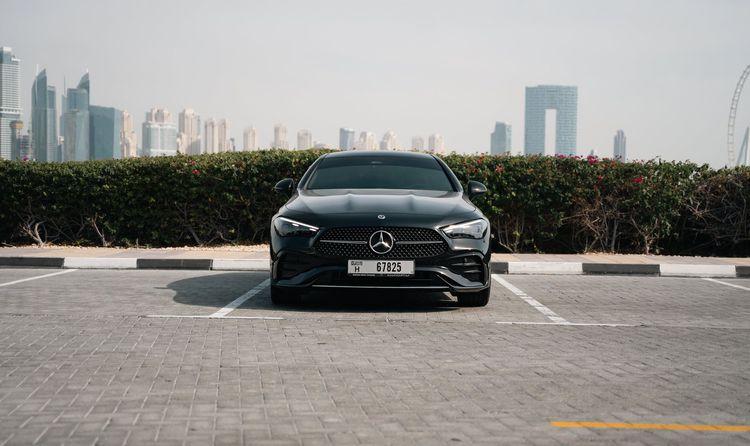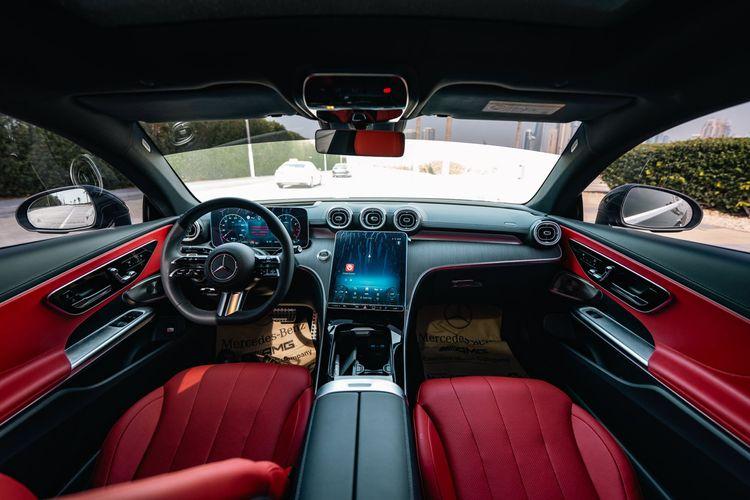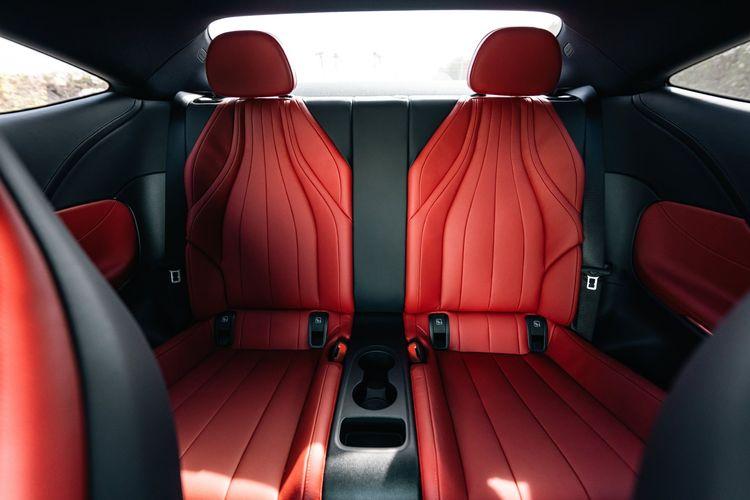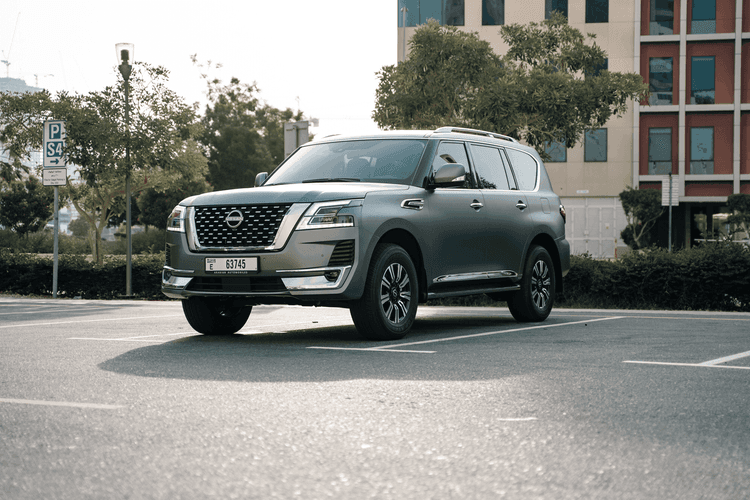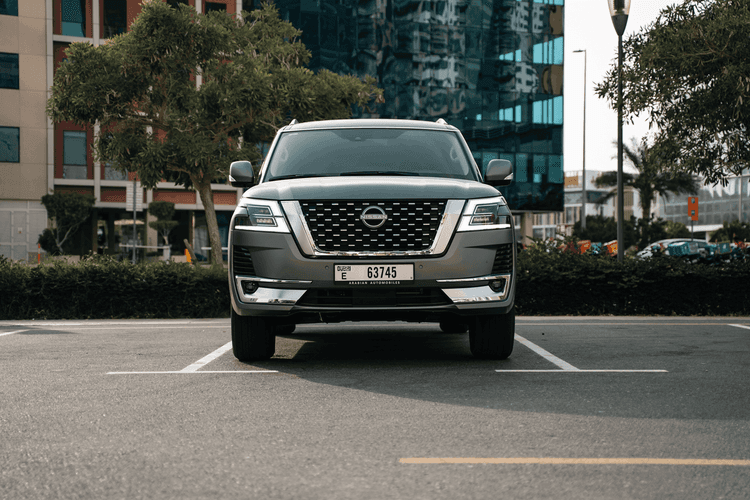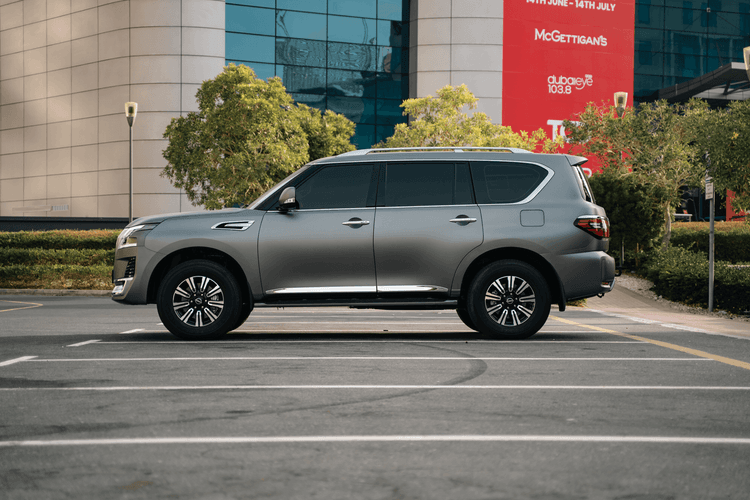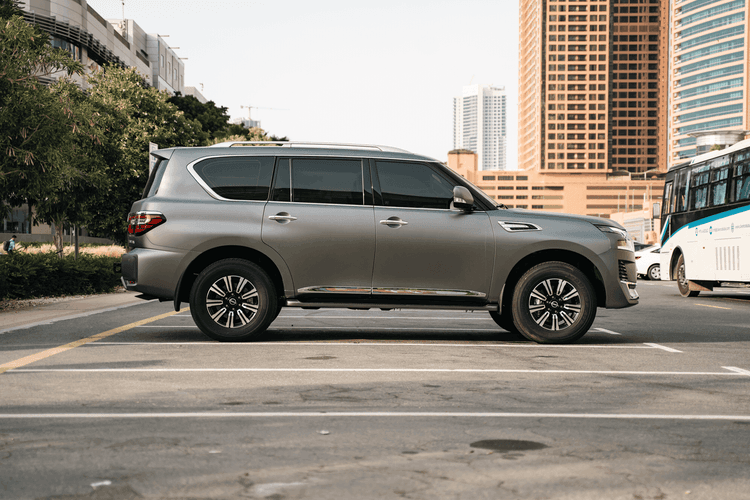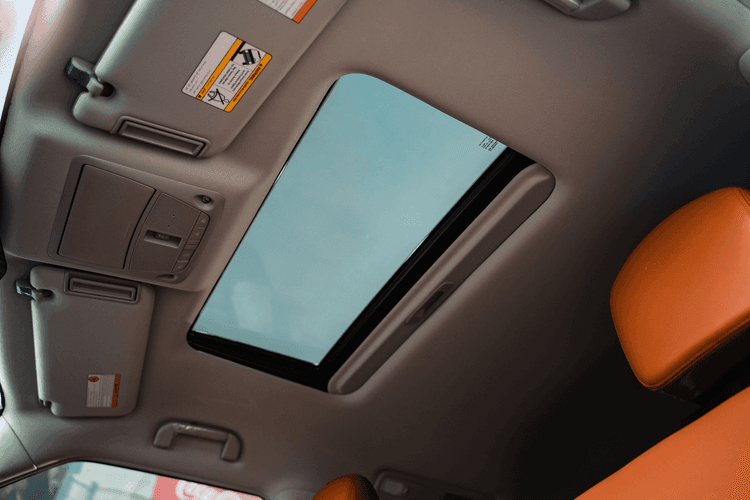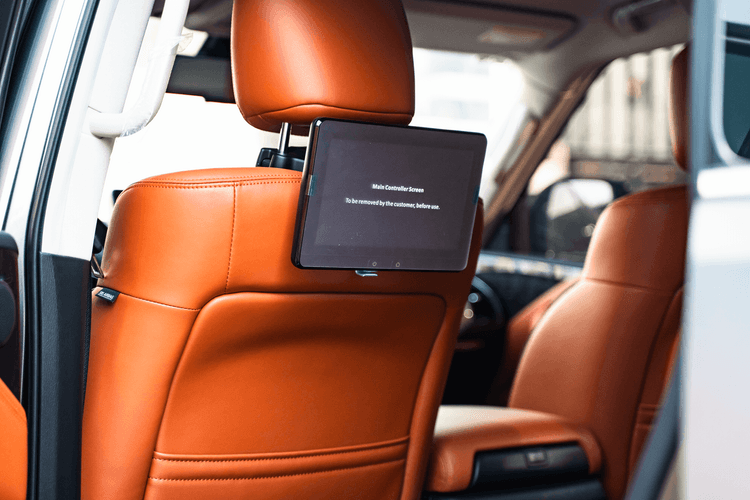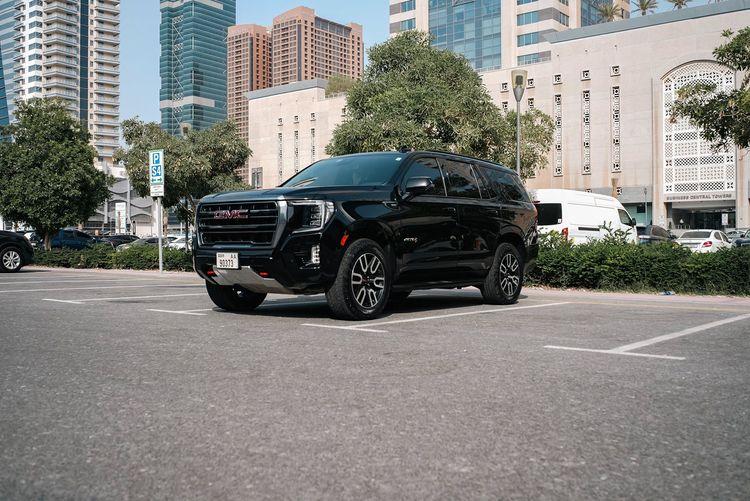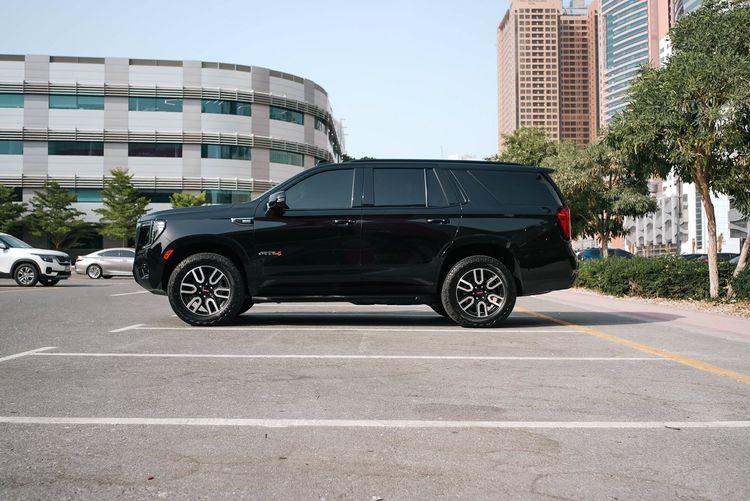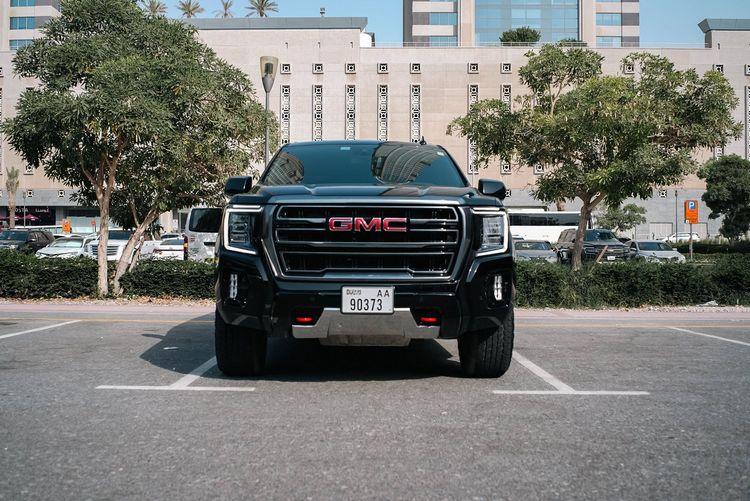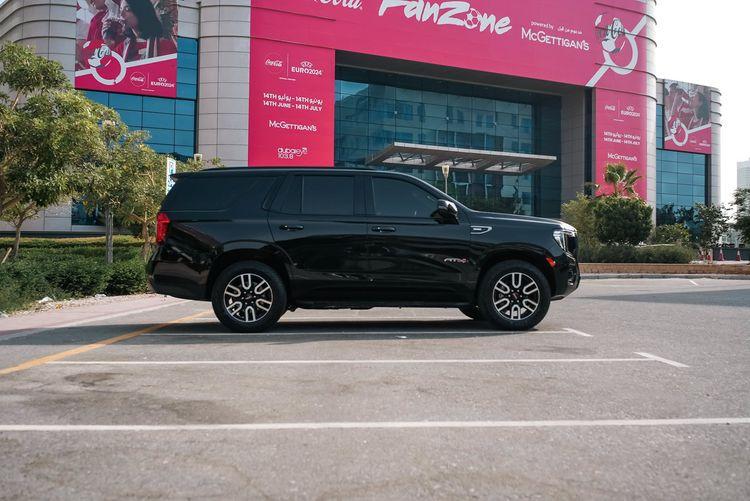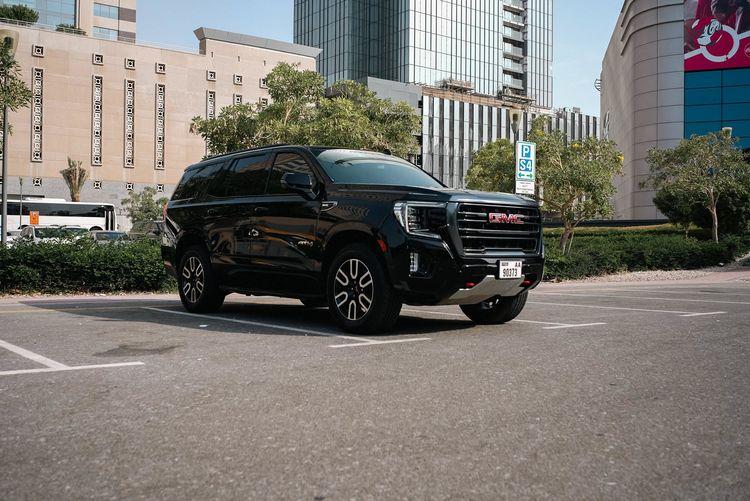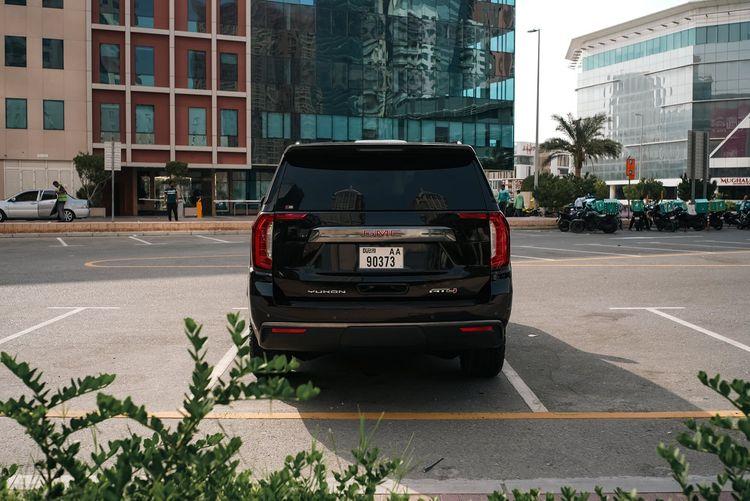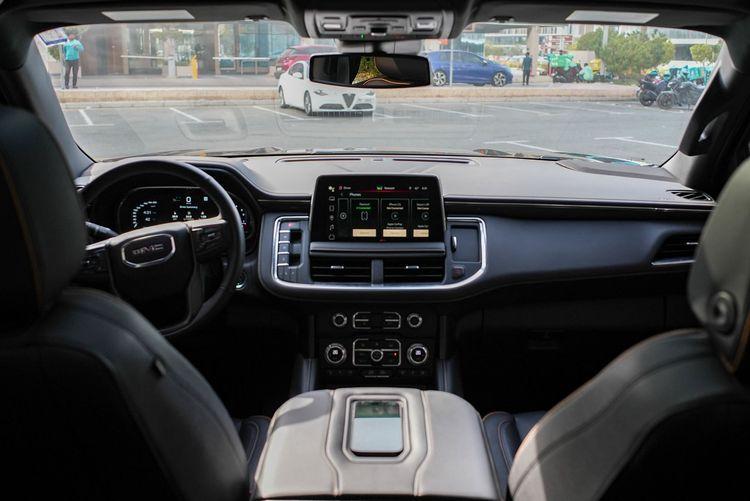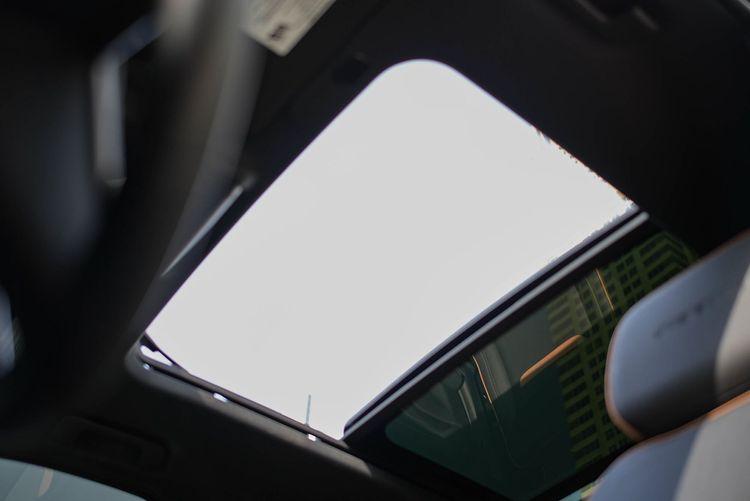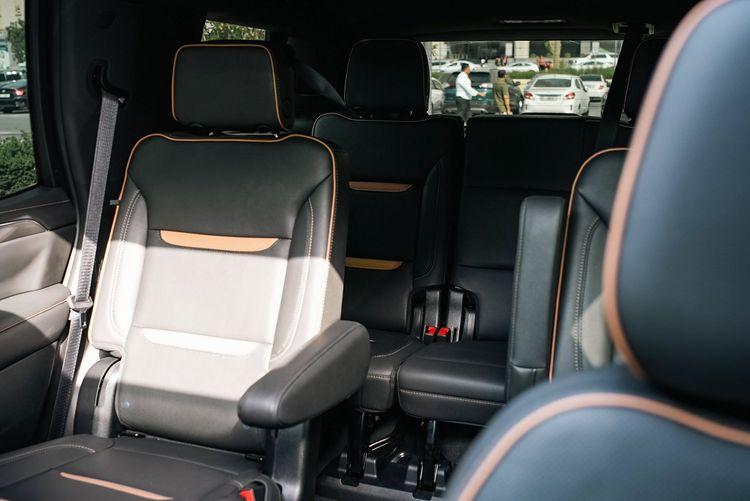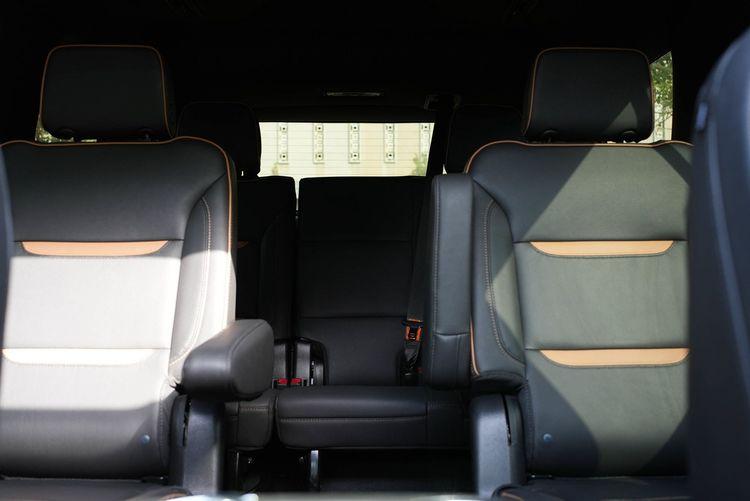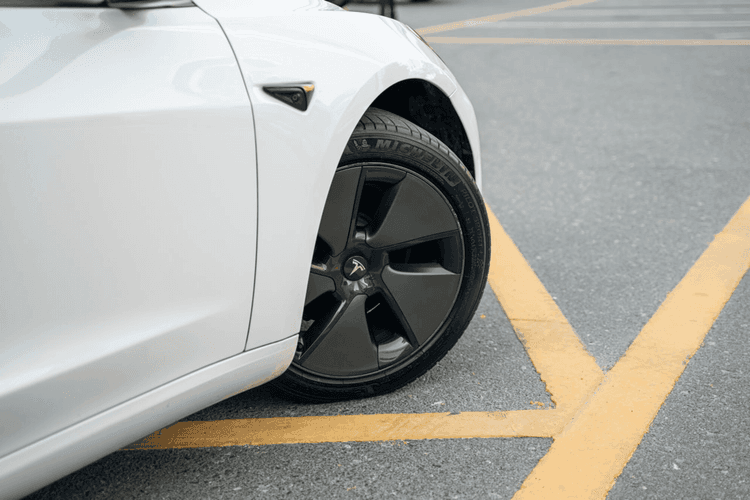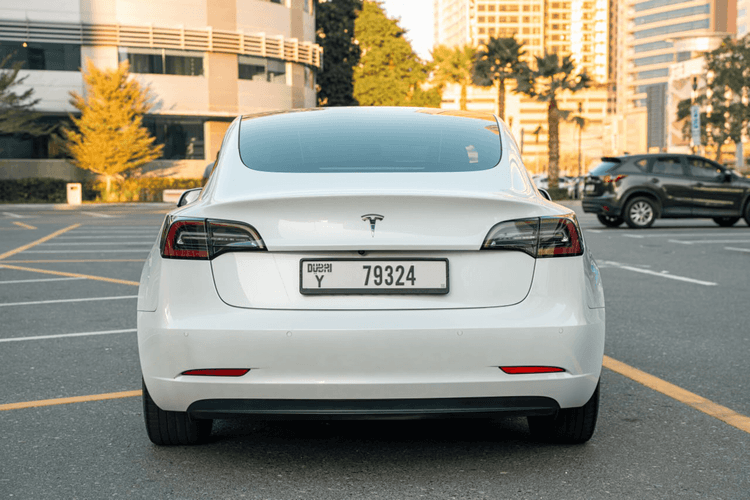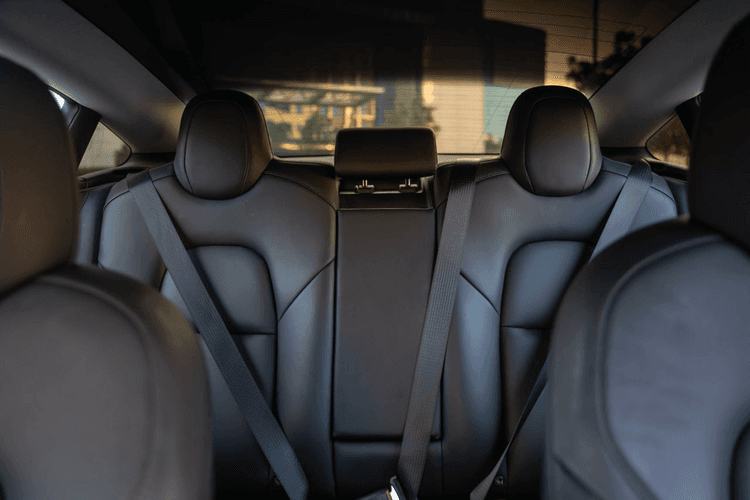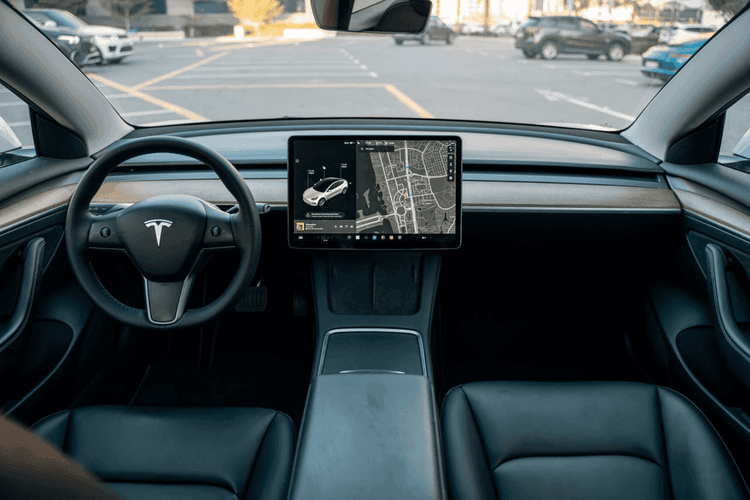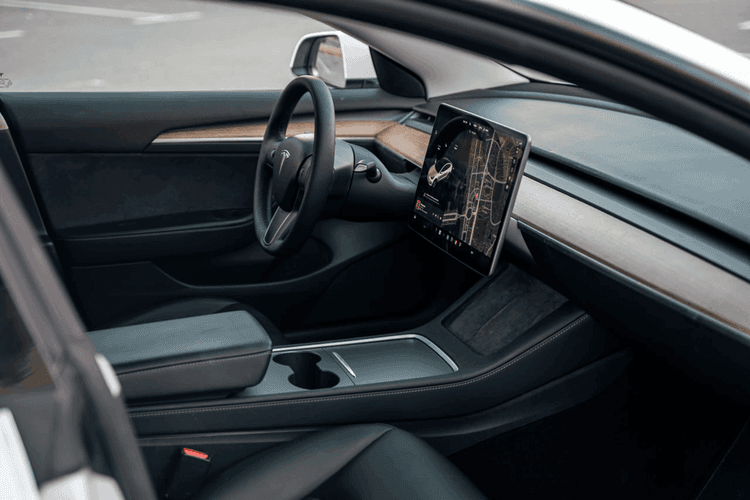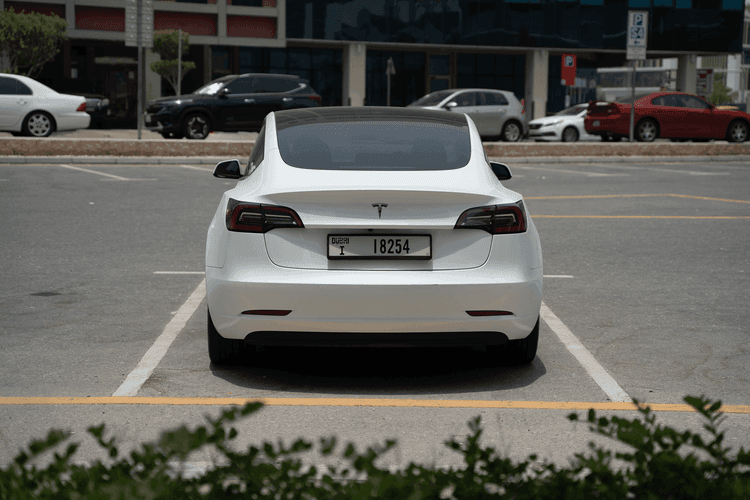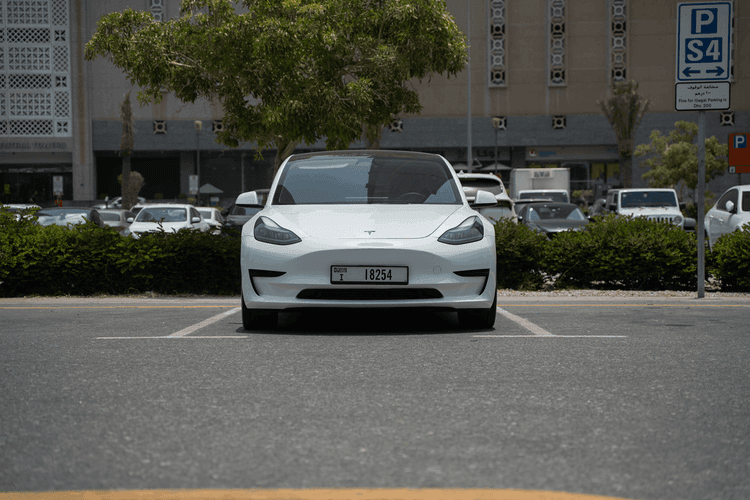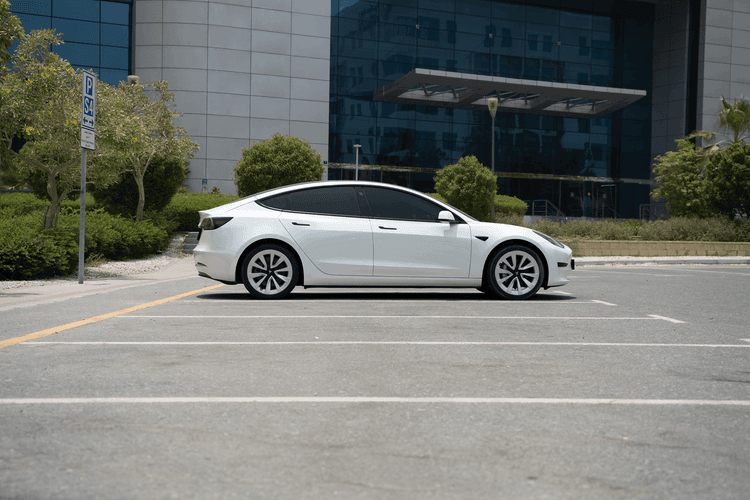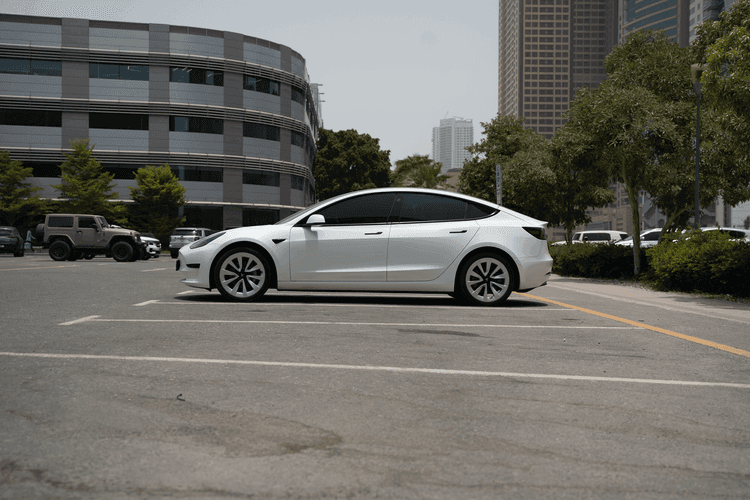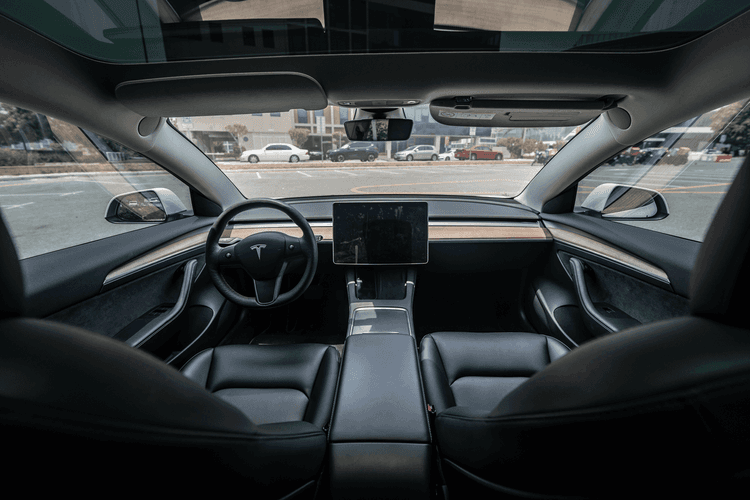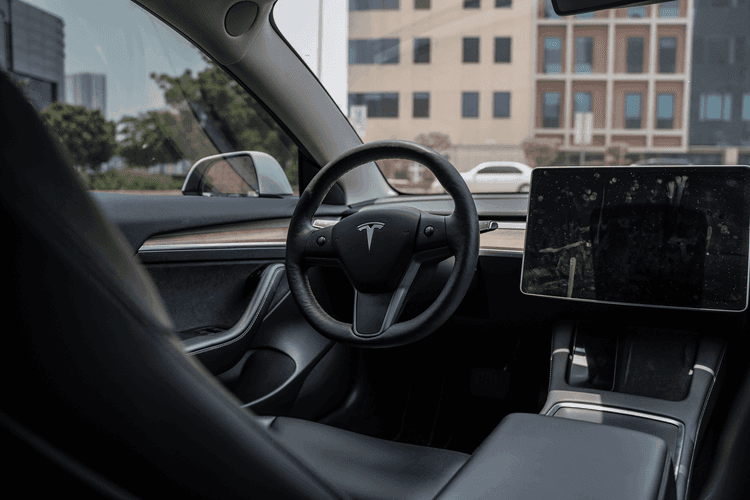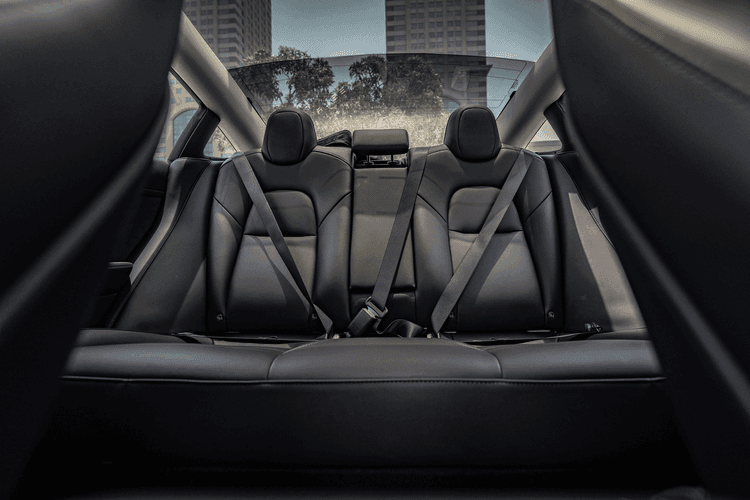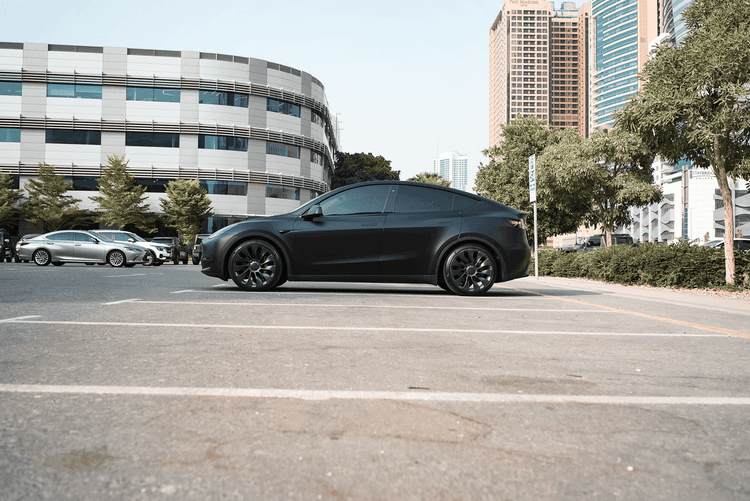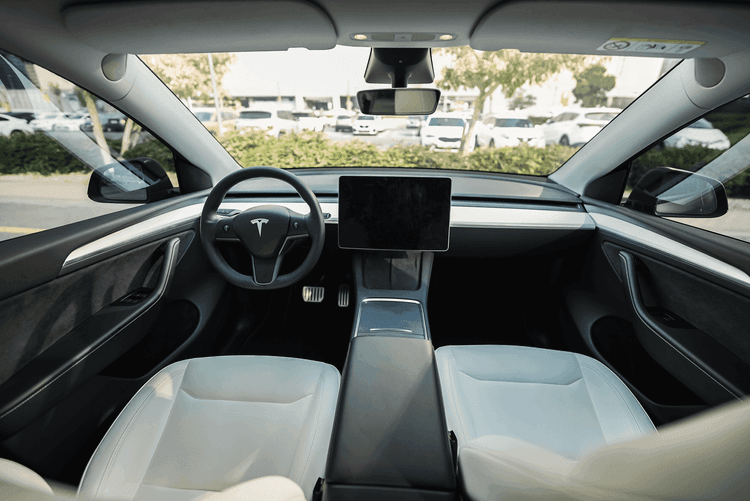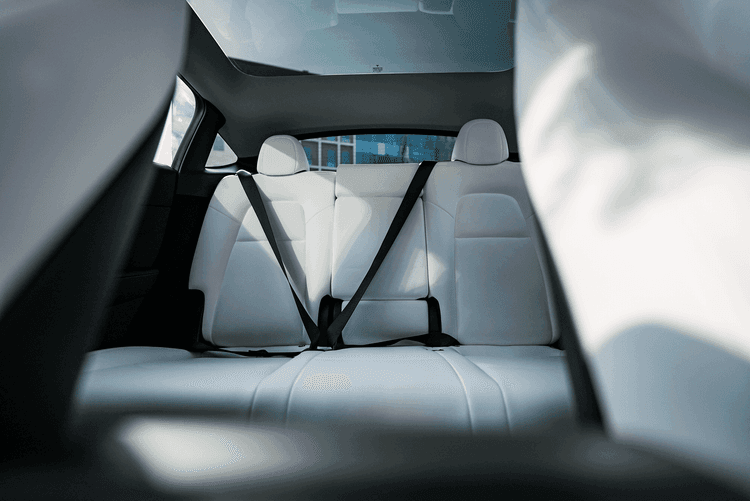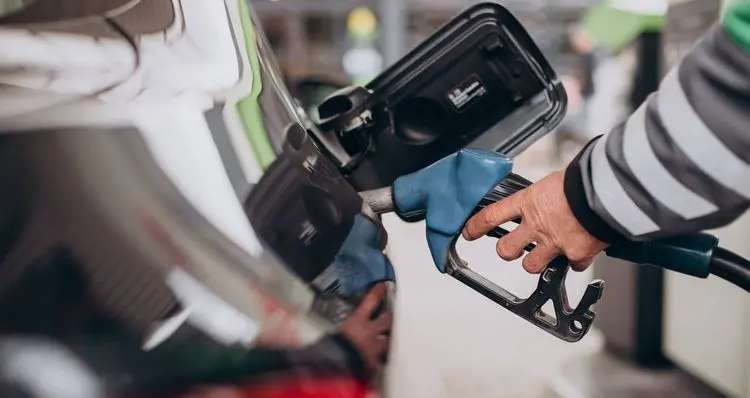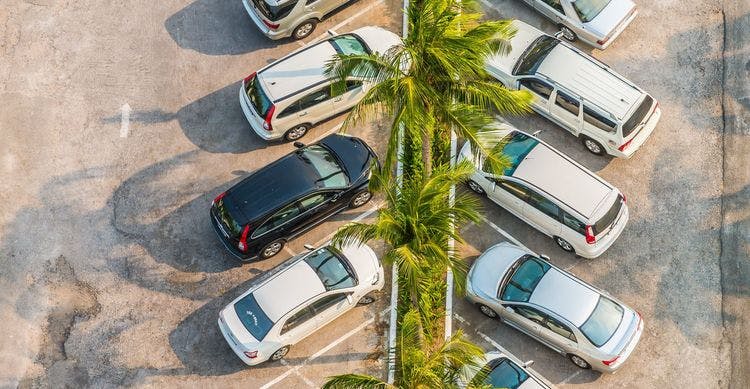
About Traffic Rules and Fines in the UAE

In the United Arab Emirates (UAE), it is relatively easy to get around in your own car or a rented vehicle thanks to the numerous high-quality roads. However, it is crucial to adhere to traffic rules, just like in any other country. The UAE's traffic rules have minor differences from European ones, but the local police enforce them more strictly. Violations of the rules can lead to significant fines, so it is important to be aware of and strictly follow the traffic rules.
Key rules and fines
To drive a rented car in the Dubai region and other emirates as a tourist, you can only do so with an international driving permit, and it's advisable to carry your national driver's license as well. The penalty for not having an international driving permit is 5000 dirhams (approximately $1350). Dubai and the UAE have specific speed limits: 40 km/h on small streets, 60-80 km/h on main roads, and 100-120 km/h on highways, with speed limits regulated by corresponding signs. Some road sections have minimum speed limits, and driving slower than these limits is prohibited. In 90% of cases, tourists receive fines for speeding. Each emirate has varying unspecified limits for exceeding the speed limit. For instance, in Abu Dhabi, there is no buffer, and drivers can be fined even for exceeding the speed limit by just 1 km/h. The fines for speeding in 2023 are as follows:
- 10 km/h over the limit – 400 AED ($110);
- 20 km/h over the limit – 500 AED ($135);
- 30 km/h over the limit – 600 AED ($165);
- 40 km/h over the limit – 700 AED ($190);
- 50 km/h over the limit – 800-1000 AED ($220-270);
- 60 km/h over the limit – 900-1500 AED ($245-410);
- 60+ km/h over the limit – 1000 AED ($550) and vehicle impoundment for 30 days;
- 80+ km/h over the limit – 1000 AED ($550) and vehicle impoundment for 60 days.
Exceeding the speed limit by 60 km/h or more can result in the suspension of the driver's license.
In addition to speeding, traffic violations in Dubai can lead to other fines:
- Not wearing seat belts (for any passenger) – 800 AED ($220) and 4 "black points
- Using a mobile phone, applying makeup, or smoking while driving – 800 AED ($220) and 4 "black points";
- Violating roundabout rules (yielding to traffic in the circle) – 500 AED ($135);
- Driving at night or in fog without headlights, failure to use turn signals – 100-400 AED ($28-110);
- Failing to yield to pedestrians at crosswalks – 500 AED;
- Absence of a child car seat or transporting a child under 10 years old in the front seat – 400 AED;
- Stopping on highways without valid reasons – 500-1000 AED ($135-270);
- Running a red light – 50000 AED;
- Ignoring traffic signs – 500 AED;
- Not maintaining a safe following distance – 400 AED;
- Littering from the vehicle – 500-1000 AED;
- Participating in road races – starting from 10000 AED ($2,722);
- Not giving way to emergency vehicles (ambulances, fire trucks, convoys) – 200-800 AED ($55-220).
Driving under the influence of alcohol or drugs leads to the suspension of the driver's license, vehicle confiscation, and potential arrest.
About Black Points
In Dubai and other emirates of the country, there is a rather unusual method of controlling traffic violations for Europeans and Russians - the so-called Black Points. If a motorist accumulates 24 points within a year, their driver's license is suspended for 3 months. If the situation repeats, this restrictive period increases to 6 months. A third exceeding of the points limit results in a one-year license suspension, with the license only reinstated upon successful completion of special driver courses. In addition to taking these courses, Black Points can be forgiven on holidays.
The Black Points system only applies to local residents, but all tourists should still be aware of it.
Payment of Fines
Violations recorded by cameras, radars, or law enforcement officers themselves are registered in a unified electronic database. Information about fines is published on the Dubai police portal with a delay of up to 4 weeks – this is the time it takes to refund the deposit.
How to check if you have a fine?
To check for traffic violations, you need to visit the portal www.dubaipolice.gov.ae. In the 'T.C No.' section, enter the vehicle number and complete the captcha. The information regarding each unpaid fine for a specific vehicle will be displayed in the opened window. When renting a car, you should only check the dates for which the rental is applicable.
How to pay
Law enforcement officers do not accept on-the-spot payments. Fines can be paid independently at a police station or at specialized service centers located in major malls in Dubai. Cash payments can be made at the transport department from 7:30 am to 2:30 pm. When making payment, it is necessary to verify that the date of the specific violation matches the car rental period.
Online payment for traffic violations can be made through the Ministry of Interior application using local cards (foreign cards are not accepted), so rental companies take on this task. Additionally, the government levies additional fees on the rental company for processing payments and VAT, which often increases the final payment amount by 10-15%.
Toll Roads
In Dubai and other regions of the UAE, there are numerous toll roads that are available for use. Payment is collected through the use of automatic gate platforms – you can identify the entrance to such roads by special signs labeled 'Salik' or 'TollGate.'
The gates instantly recognize the vehicle's number and record the information in a database, while the toll fees for passage are automatically deducted from the general accounts for rented cars. At the end of the rental period, companies provide customers with reports on toll road usage charges and deduct the corresponding amounts from deposits (including administrative fees of 10-15%).
To minimize trips on toll sections, you can set the 'Avoid Toll Roads' option in the navigation app.
Dubai Toll Roads
Currently, there are 8 toll gates in Dubai:
- Al Safa, Al Barsha, Jebel Ali (Sheikh Zayed Road);
- Al Kharghoud (Sheikh Rashid Road);
- Al Maktoum (Umm Hurair Street) - free usage from Thursday 10:00 PM to Saturday 6:00 AM;
- Al Mamzar South and North (Al Ittihad Road) - if the section is passed within an hour, the toll is charged once;
- Airport Tunnel (Beirut Street).
Passing through one toll gate costs 4 dirhams (0.9€).
Traffic Police in the United Arab Emirates
In Dubai and other major cities, traffic police officers ensure compliance with traffic rules and proper parking through continuous street patrols. On highways, police patrols are rare, as control is carried out by video cameras. Overtaking law enforcement vehicles is not recommended.
When stopped by the traffic police, it is advisable to be polite, especially for tourists. First and foremost, it is preferable to greet the officers, present your national and international driver's licenses, passport, vehicle documents, and the rental agreement. Ignoring the requests of law enforcement officers may result in a fine of 400-800 AED ($110-220). Additionally, it is important not to attempt bribery, as it will only worsen the situation.
